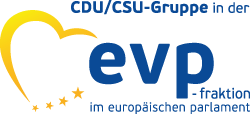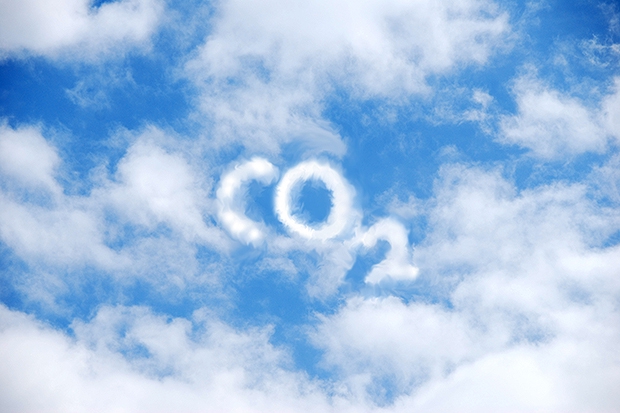Strong support for innovative industries, strong pressure on polluters / Reasonable compromise on ETS II
"This compromise will help to save our planet but at the same time protect European jobs and protect people from excessive prices.” This is the comment of the main negotiator (Rapporteur) on the EU ETS Peter Liese after a breakthrough in the negotiations with the other political groups. Liese explained that he managed to improve the Commission proposal when it comes to support for innovative industries. His colleagues accepted his so called bonus-malus-system which means that companies that are emitting much less than others in their sector, will get additional allowances but those that are emitting much more and don’t do efforts to decarbonise, will have to pay a much higher bill in the next years. The Innovation Fund, which was already proposed for a significant increase by the European Commission, will get even bigger. Additional 50 million allowance will be auctioned for this purpose.
A compromise was also reached on the so-called ETS II for road transport and heating. Liese succeeded in his effort to introduce this scheme as soon as possible for commercial operators. He had to give in because of resistance from the other groups on the private sector. The private sector will only be included in 2029 and also only if specific conditions are met and the Parliament agrees again to a new proposal after 2026. "This part of the compromise is painful but it is the spirit of a compromise that you give and take. While I am disappointed that I could not get an earlier date I am happy with the other measures that we agreed upon: a price cap, a limitation of the cost pass through to big oil companies an earlier start of the Social Climate Fund. The Social Climate Fund however will be significantly smaller because the scope is smaller."
Some of the points will be subject to a controversial vote in ENVI. The new carbon border adjustment mechanism (CBAM) should be introduced already completely by 2030 according to a majority. Liese and his EPP group rather support the position of the Industry Committee that foresees a phasing in until 2034 that is still one year earlier than the Commission proposal. “In the overall ambition, EPP supports the Commission proposal which is in line with climate law and the -55% climate target for 2030. Other groups want to go further. It may well be that the other groups win in ENVI. But I am very optimistic that a more reasonable compromise will be found in plenary,” said Liese.
The vote in ENVI is on Tuesday, 17 May. The vote in plenary is in plenary week 5-9 June. Then the whole file has to be negotiated with the Council, before it can enter info force.


